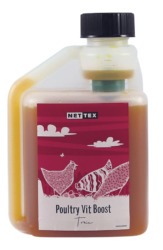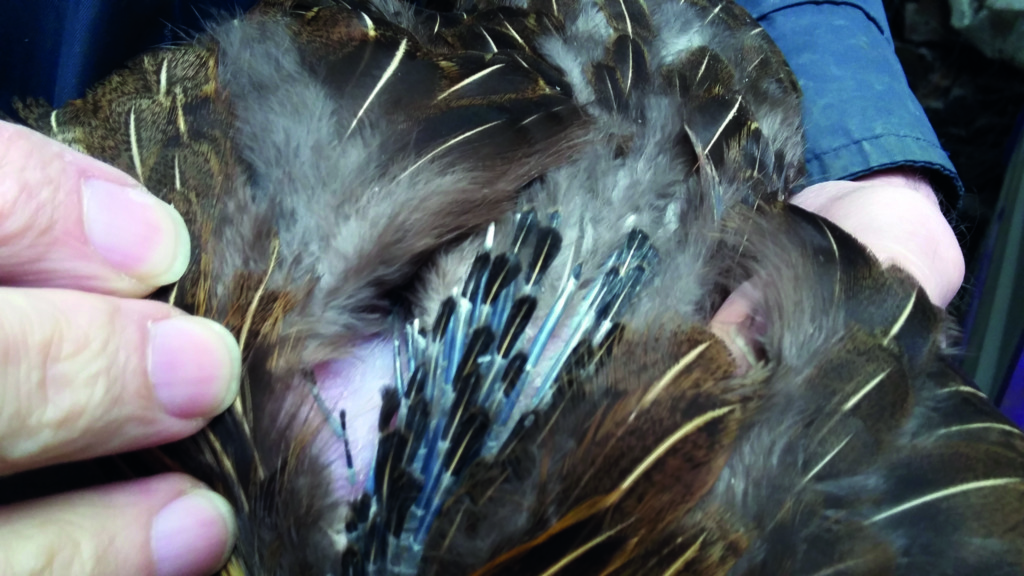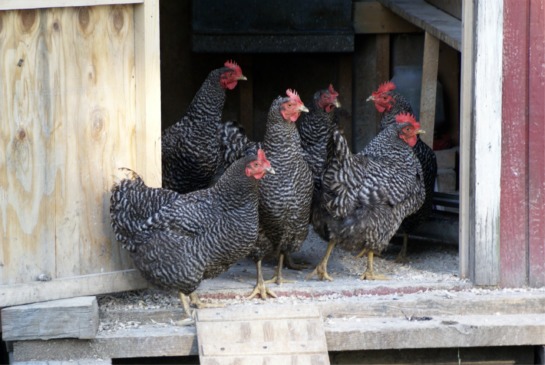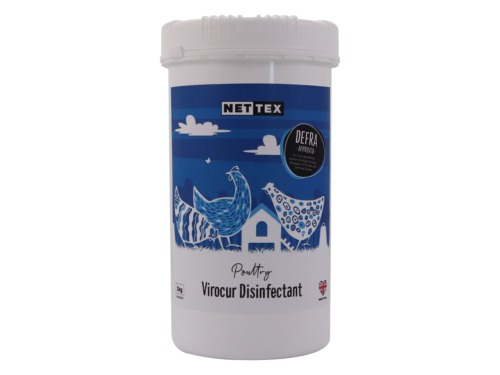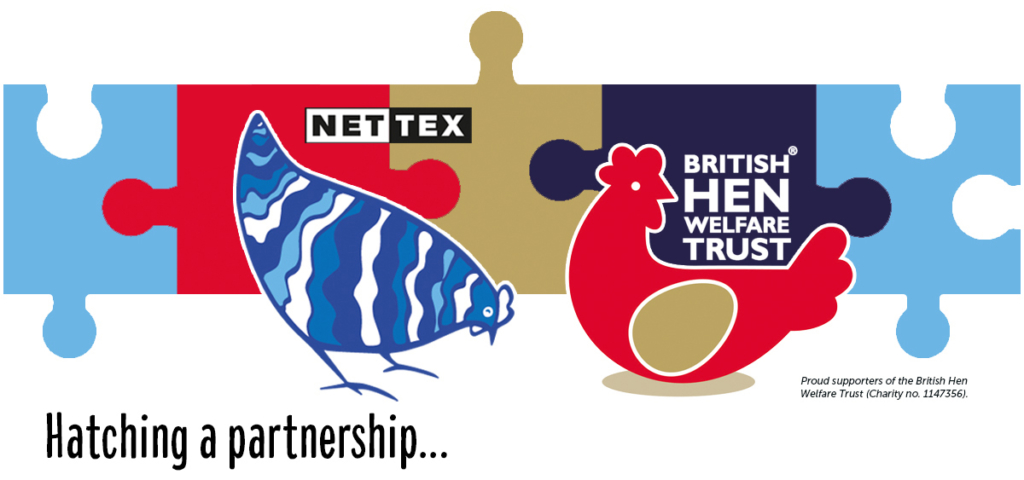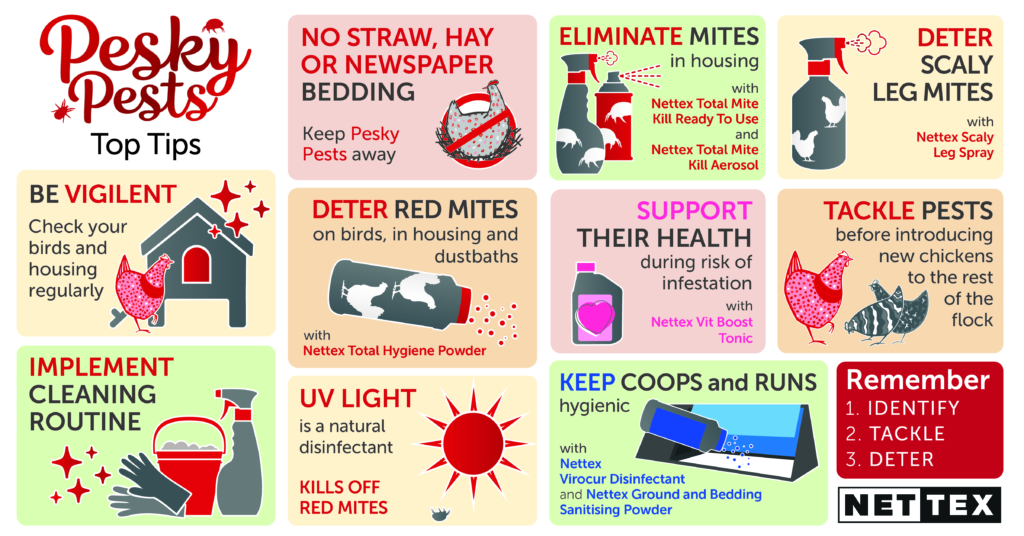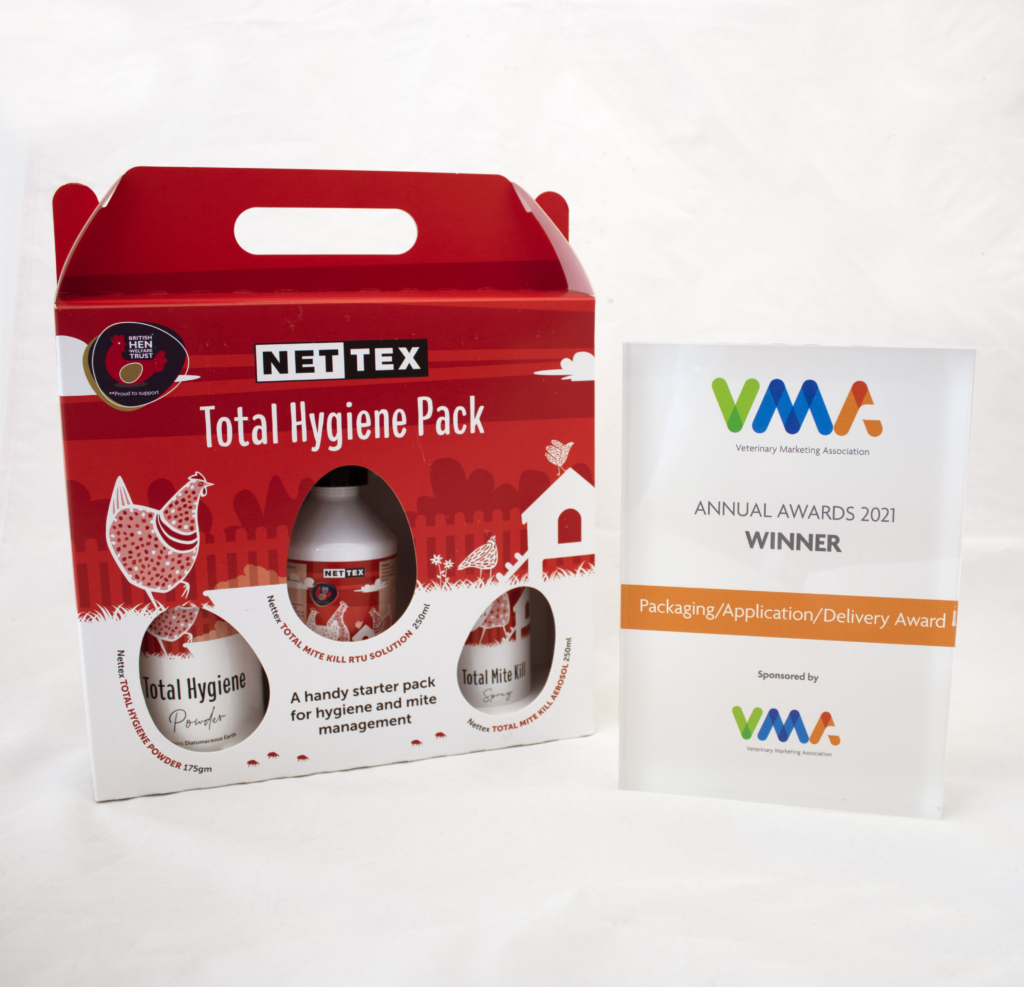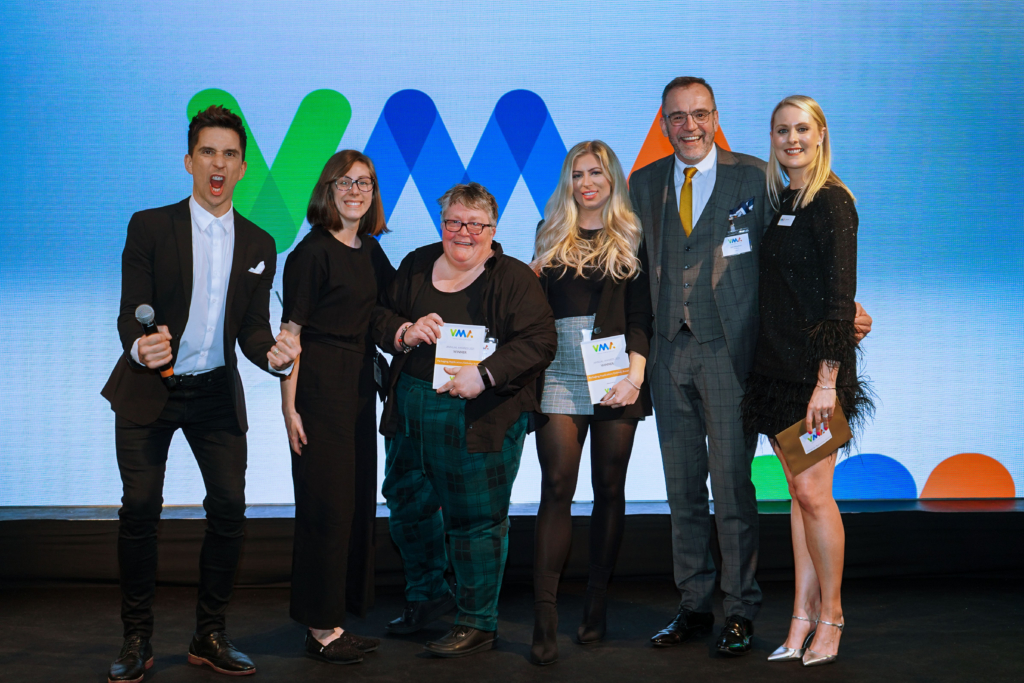Moulting chickens and how we can help them
Nettex Launch Virocur Defra Approved Disinfectant – supporting chicken owners through the Avian Influenza outbreak
Nettex Poultry Proud to Support the British Hen Welfare Trust
Nettex Poultry win at Veterinary Marketing Association Awards
Re-launch of the NETTEX Poultry Range
Summer Lovin’ – Supplements for Healthy, Happy Chickens
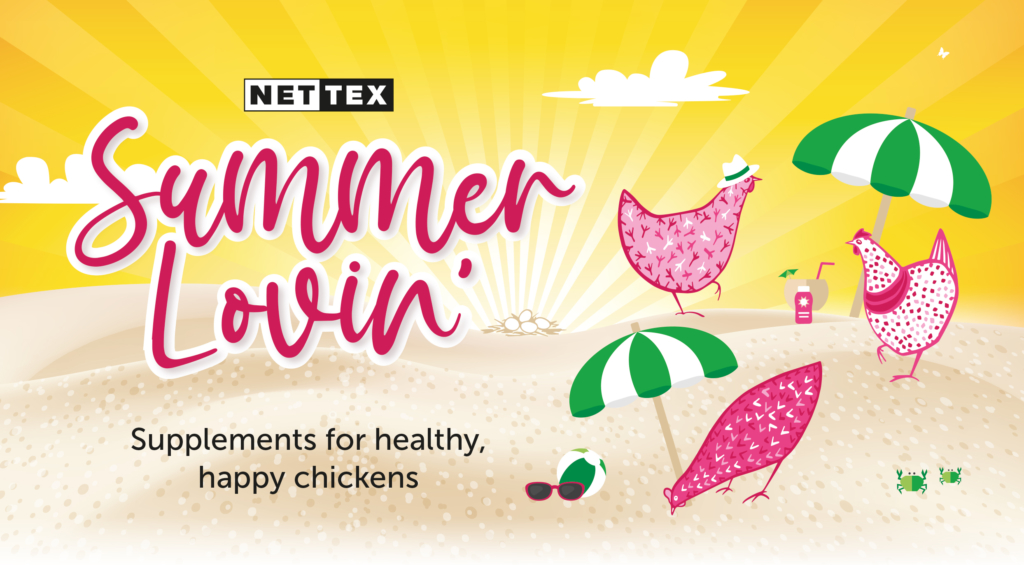
Summer Lovin’
Supplements for Healthy, Happy Chickens
Whilst the warmer months bring perks to chicken owners with extended daylight hours, better weather conditions and, of course, more eggs, it is important not to forget that summer can be a stressful time for your flock. Chickens can suffer increased stress from situations that arise during the Summer months, including parasite infestation, heat stress, increased egg laying and new arrivals to the flock. The trusted “Eggsperts” at Nettex Poultry are here to answer your questions about why and how you should be showing your flock some extra lovin’ this Summer.
Immune Support during Parasite Infestation
We all know that with warm weather comes the increased threat of Pesky Pests such as Lice and Mites but what most owners forget is that it is essential to support your hen’s immune system during this time as well as tackling those Pesky Pests in the housing and on the birds.
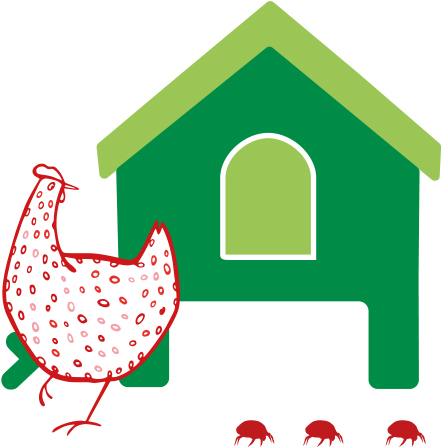
What health implications does a Lice or Mite infestation have on my chickens?
Whilst not all Pesky Pests live on the birds, they will feed off their blood at some point in their lifecycle. This can cause severe health issues and stress to their immune system. Your chickens may look anaemic, they may become more irritated resulting in feather pecking and they could even stop laying. If left unsupported nutritionally, your birds could take longer to recover and as a result have poorer welfare.
How do I support my chicken’s health during Lice or Mite infestations?
Once you have tackled the current Lice or Mite problem and have implemented a regular cleaning regime to deter future infestations, it is key to help your chickens regain full health by supplying them with immune supporting vitamins and minerals. Not only will this make them feel good but it will enable them to be on top of their egg laying game!
Nettex Vit Boost Tonic supplies essential vitamins to support health and vitality all year round through the drinking water, this is particularly useful during stressful situations when your chicken’s immune system may have taken a hit. The added Biotin in Vit Boost Tonic also supports feather regrowth, ideal if your hen may have succumbed to feather pecking as a result of irritation from Lice and Mites. During a pest infestation, your hen may appear to be laying less frequently or the quality of her eggs may reduce. If this is the case, be sure to add Nettex Egg and Shell Support Powder to her feed. This mineral supplement has been specifically formulated to help improve egg quality and shell strength with carefully selected ingredients such as Limestone, Oyster Grit, Seaweed and Calcium offering a powerhouse of goodies for your girls!
Heat Stress
Chickens are susceptible to heat stress as their body temperature is much higher than
humans and they are unable to sweat to cool down, instead tending to pant, very much like cats or dogs.
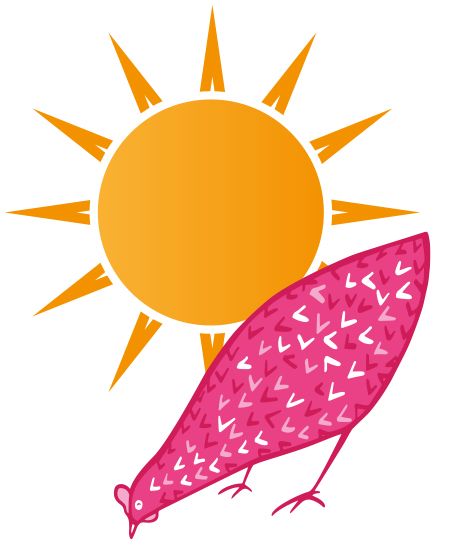
What is the normal temperature of a chicken?
A healthy chicken has a body temperature of 40.6 – 43 degrees Celsius, which is far greater than that of a human at 37 degrees Celsius. So, remember what may feel rather warm to you will be hot to them.
How do I help my chickens avoid heat stress?
In hot weather, ensure your flock has access to shade and provide plenty of fresh, cool water. On particularly hot days you can also pop a frozen bottle of water into their drinker to help keep the water cool. Throughout the summer, it is essential to support your flock with appropriate nutrition and supplementation to maintain optimum health, support the immune system and help prevent stress.
How do I support my chicken’s health during warm weather?
During warm weather give your girls some extra lovin’ and add Nettex Vit Boost Tonic to clean drinking water. This contains essential vitamins and minerals to support optimum health during stressful situations. The heat can reduce your chicken’s appetite and this is crucial as she needs extra nutrients for increased egg laying during this time. If this occurs, simply add some Nettex Egg and Shell Support Powder to her feed, this contains Aniseed which acts as an appetite stimulant encouraging your hen to eat more whilst providing essential minerals needed for effective egg laying.
New birds to the flock
Summer tends to be the time of year when poultry keepers consider introducing new birds to their existing flock as the extended daylight hours makes it easier to monitor how they settle in.
How should I introduce new birds to the flock?
Introducing new chickens to the flock has the potential to be a major cause of stress and upheaval, so it needs to be planned with consideration for both your new and existing chicken’s welfare, and then undertaken slowly. Ensure that you check any new chickens to ensure they are free from Lice and Mites – it is advised to tackle any hitchhikers on new arrivals before they are introduced to the rest of the flock. 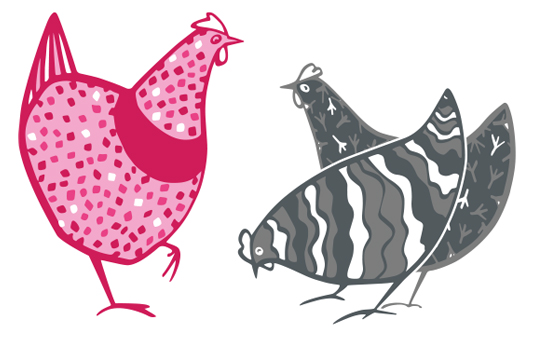
New chickens should be quarantined initially near to your original flock (to build up their homing instinct) and introduced gradually initially with the existing flock free ranging around them. Monitor the flock when they are together and take action quickly to separate any chickens being bullied. Use toys and environmental stimulation to keep chickens entertained and ensure you have lots of food and water stations. Put the new chickens into the coop after the existing ones have gone to sleep.
How do I support both the new and existing chicken’s health during these changes?
New and existing birds may be nervous and unsettled with re-homing and the added stress can cause a number of health concerns from egg laying, feather pecking, bullying and in extreme cases even cannibalism. By adding a supplement such as Nettex Vit Boost Tonic to their water during this time you can support their immune systems, whilst they figure out their new pecking order.
Egg Laying and Quality
All of the above scenarios can have a detrimental impact on the productivity of your hen and how often she lays good quality, yummy eggs. So, if you want to ensure you are not left short of delicious, rich and golden treats for breakfast al fresco then read on.
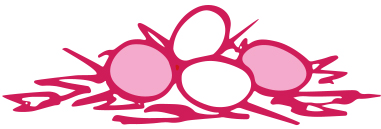
Why do chickens lay more eggs in the Summer?
First it is important to understand why a chicken lays more in the Summer months to best understand her nutritional needs. Chickens are seasonal breeders, so most hens will stop laying eggs as we move towards the winter months. This is mainly due to the reduction in daylight hours as the reducing level of light in the winter months will affect both the nutritional intake of the hens and the production of hormones responsible for reproduction in the chicken, meaning less eggs are produced. Pure breed hens may stop laying completely from October to January. Hens will also not lay if they are moulting as they divert their resources to grow feathers.
My chickens are laying poor quality eggs, what should I do?
Sometimes hens may lay eggs that have thin, soft or no shells, or may stop laying all together. There may be a number of reasons for this but there are a number of steps that you can take yourself to investigate the causes of poor-quality eggs. First ensure your hens are generally healthy by conducting a health check (visit www.nettexpoultry.com/videos) to identify any issues, check they are not infected with parasites, being pecked by other birds or overheating. You should feed your hens high-quality layers feed, making sure that this is a significant proportion of their diet and keep treats to a minimum and only offered after they have eaten all of the main feed. Soft shelled eggs might be more common at the start or end of the laying period, or when the hens are older.
How can I support egg quality and shell strength?
If you want eggcellent eggs it’s simple, just add the following Nettex products to your hens’ feed.
1. Nettex Egg and Shell Support Powder is specially formulated to improve egg quality, assist digestion and provide nutritional support for laying hens. Containing Limestone, Oyster Grit and Calcium this product will help strengthen and improve egg shell quality.
2. Nettex Poultry Seaweed is rich in essential vitamins, minerals and amino acids to support bright, golden yolks, help improve shell quality and support feather growth.
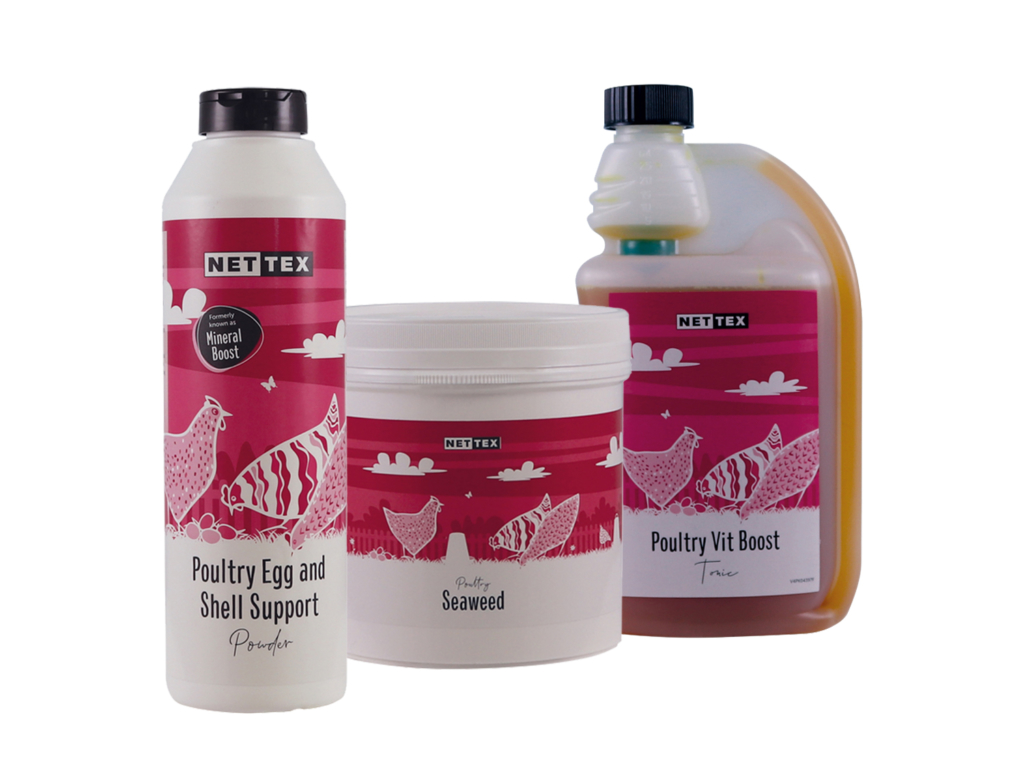
If you have more burning questions about nutrition in Summer or just chicken keeping in general then visit our brand new website https://www.nettexpoultry.com/advice-centre/your-questions-answered/ or follow @NettexPoultry on Facebook for regular cluck dates. Click here to find a stockist.
Winter Wonders – First Aid, Hygiene and Behaviour
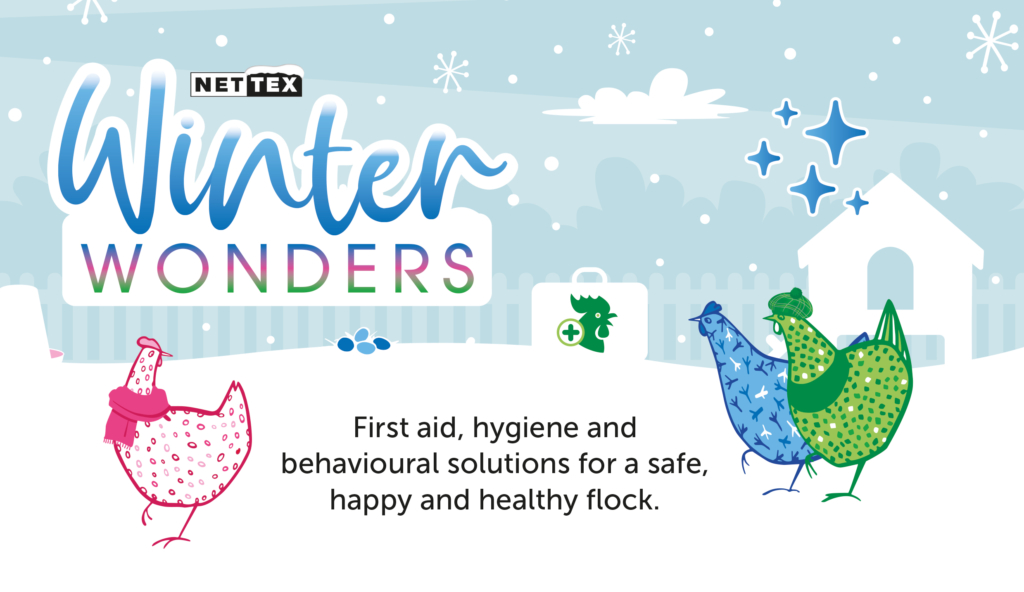
First aid, hygiene and behavioural solutions for a safe, happy and healthy flock.
As winter draws in, it’s essential to prepare your flock and their housing. Less daylight hours, wet and muddy conditions, increased exposure to bacteria and viruses, prolonged confinement in housing and bullying are all factors that affect the health and wellbeing of your flock.
Happy Hen Homes
Space
Your flock will be spending more time in their run and housing due to the lessening daylight hours. The increased risk of Avian Influenza during the winter months also means that the UK may face another ‘flockdown’, resulting in chickens having to be confined to their coops and runs 24/7 for a number of weeks, possibly extending to months.
With this in mind, firstly you need to ensure that your coop and run provide enough living space for your chickens, as overcrowding can cause issues such as bullying. There are no specific regulations for backyard owners regarding stocking density (the amount of space each chicken needs). However, as a guide Nettex eggsperts would recommend that you have at least, 1 sq metre of space per bird and a run of 3m x 3m is appropriate for approximately 3 chickens.
Be aware of the potential risk and clinical signs of Avian Influenza during the winter months and keep an eye on the DEFRA website. Poultry keepers should maintain good hygiene practices at all times, and remain vigilant for any signs of disease in their flock. You can sign up online for free, click here to receive alerts on any outbreaks of bird flu, and register your birds.
Repairs and weatherproofing
Make sure that the coop and run are in good repair before the cold weather starts and check that the housing has adequate ventilation above head height to prevent a build-up of condensation inside. It is important to also ensure that the run is well attached and has a clear waterproof covering to protect the flock from any bad weather, contaminated wild bird droppings and to prevent mud from forming in the litter as chickens kept in damp and muddy conditions will quickly develop bacterial and fungal foot problems. It’s really important to keep the housing and run dry and clean to prevent health conditions such as Salmonella, Coccidiosis or Bumblefoot.
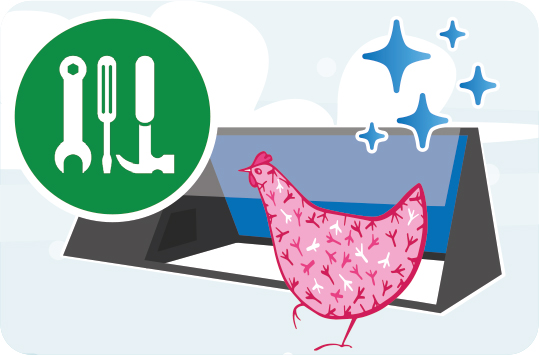
Cleaning Regime
As your flock will be spending more time in their run and housing in winter, now’s the time to ‘up the ante’ with your cleaning regime!
The coop should have a deep clean before winter –clean thoroughly with a DEFRA approved disinfectant such as Nettex Virocur which is approved and effective against dangerous viruses such as Avian Influenza. Regularly sprinkle Nettex Ground and Bedding Sanitising Powder on the litter, in the run, under the roosting bars in their coop and on the bedding in between cleaning out. This highly absorbent powder containing natural Zeolite and Yucca will help to promote a clean and dry environment whilst absorbing the odour of faeces and organic matter, whilst clearing the ground of worm eggs reducing the risk they pose to birds. All feeders and drinkers need a good scrub with Poultry Sanitiser and Egg Wash, which will help to further eliminate bacteria.
Top Tip: Avoid using newspaper and straw for bedding as these materials soak up moisture increasing dampness, making the perfect breeding ground for bad bacteria. Instead, try Shredded Hemp Bedding, you may find this keeps the coop much dryer for longer.
First Aid for Feathered Friends
During winter months you may find chickens seem more susceptible to minor wounds, cuts, abrasions and illness. All chicken owners should have a first aid kit handy at all times to help you deal with minor problems, although if in doubt you should seek veterinary advice.
Examining your chickens regularly can help you to know what is normal and to identify problems early. Nettex Poultry eggsperts recommend that your first aid kit includes:
- A wound care product such as Nettex Poultry Wound Care Spray to help clean minor wounds
- A vitamin supplement such as Nettex Poultry Vit Boost Tonic to help support your chickens during times of stress.
- A sanitiser spray such as Nettex Poultry Sanitiser and Egg Wash to clean any equipment.
- An Anti-feather pecking spray such as Nettex Poultry Anti-Feather Pecking Spray to deter pecking and feather pulling.
- An energy supplement such as Nettex Poultry Power Drops to support weak, ill and lethargic chickens.
Keeping Hens Zen
Feather pecking is a common issue amongst backyard chickens. There could be many reasons why your chickens are pecking each other and whilst feather pecking and bullying are year-round issues they can worsen in winter. There are, however, measures you can take to reduce this undesirable behaviour.
It could be caused by a possible mite or lice infestation, stress behaviour when new birds are introduced to your flock, or if there is not enough room in the coop, or not enough feeders and drinkers. Visible cuts or wounds can also attract chickens and increase this behaviour, so it is important to prevent first and act fast if wounds occur.
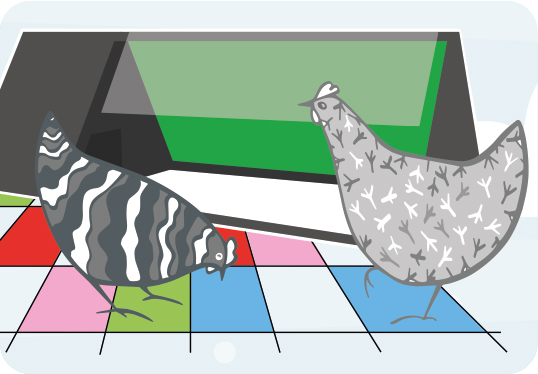
Firstly, take a look at their environment, you should have at least one feeder and one drinker for every 4 birds or less and as said above at least 1 sq meter of space for each bird. It may also be because one of the chickens is bullying the others, trying to establish or disrupt the pecking order. Regular health checks will ensure you know what is “normal” for your chickens and help you identify any changes quickly. Additionally, observing your flock quietly will help you to identify any bullying behaviour.
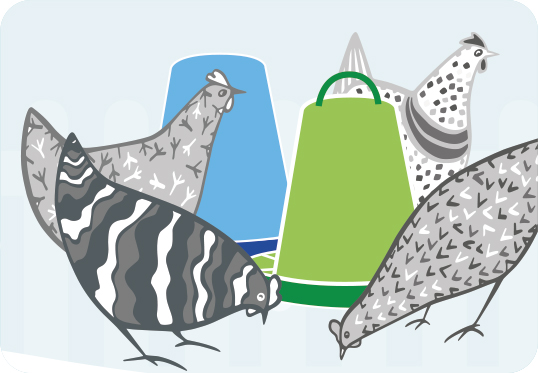
Remedy any of these factors first then look at adding some ‘Cage enrichment’, which can be a good idea to help discourage bullying and improve the happiness of your flock but interest in toys is generally short-lived, they should be used for short periods and swapped regularly. Dust baths, perches, flower pots to jump on, piles of leaves and bits of turf to pick over can be better ways of enriching their environment and limiting boredom that can result into pecking.
If, after checking space and drinkers you still have a pecking problem, consider popping the bully bird into a broody cage (with food and water) inside the run for a couple of days to reset the pecking order. If that doesn’t work you may need to use Nettex Poultry Anti-Feather Pecking Spray. This deterrent spray has a strong odour and foul taste to help discourage biting, pecking, and cannibalism. It also contains antibacterial agents that will help cleanse minor skin wounds and support the healing process.
For more information follow @NettexPoultry on Instagram and Facebook for regular cluck dates and eggspert advice.
